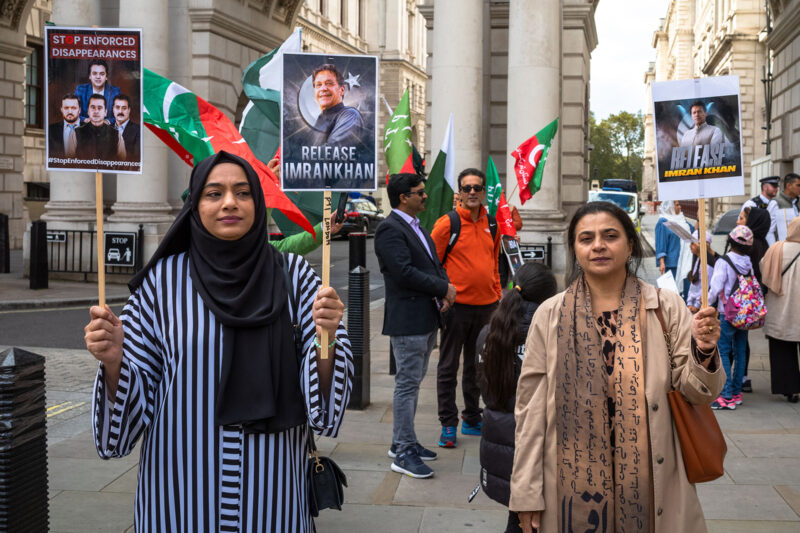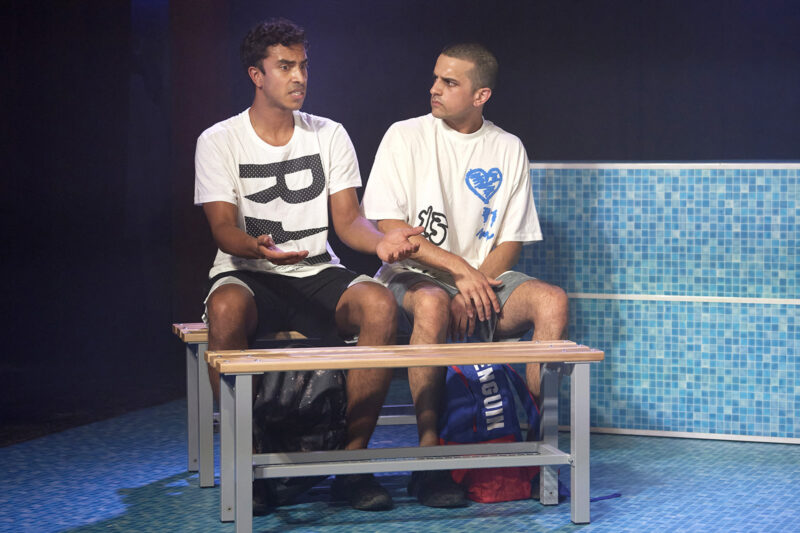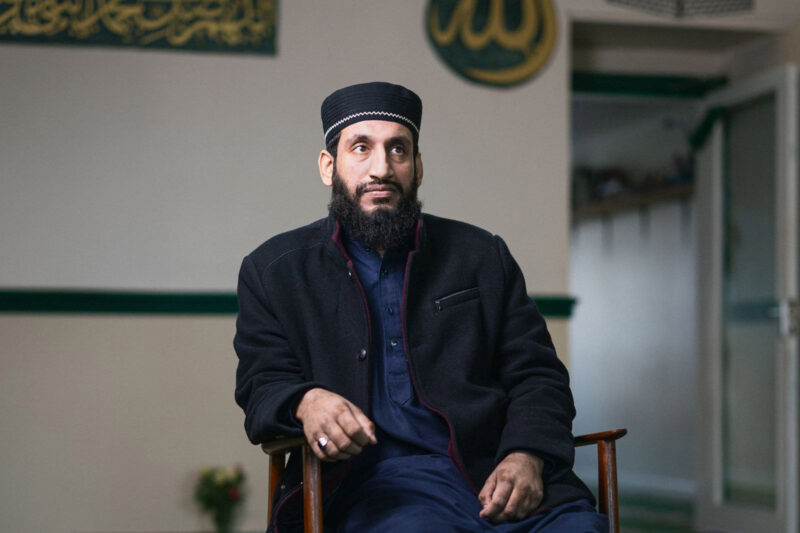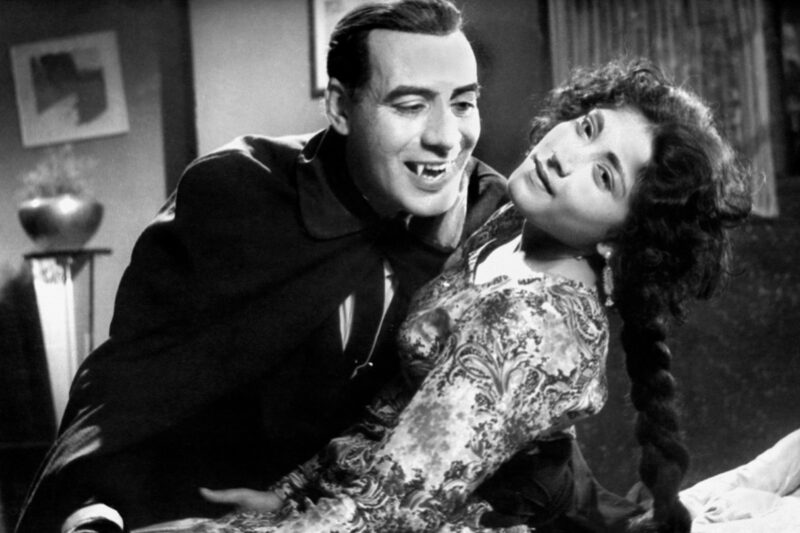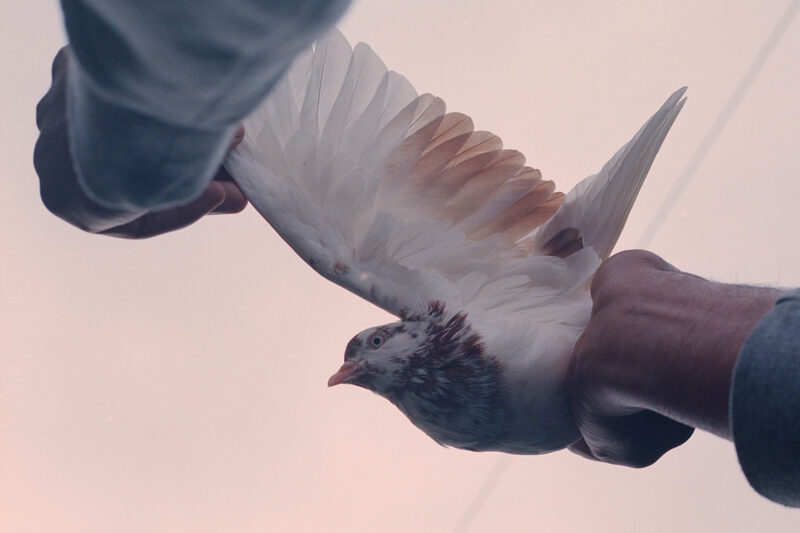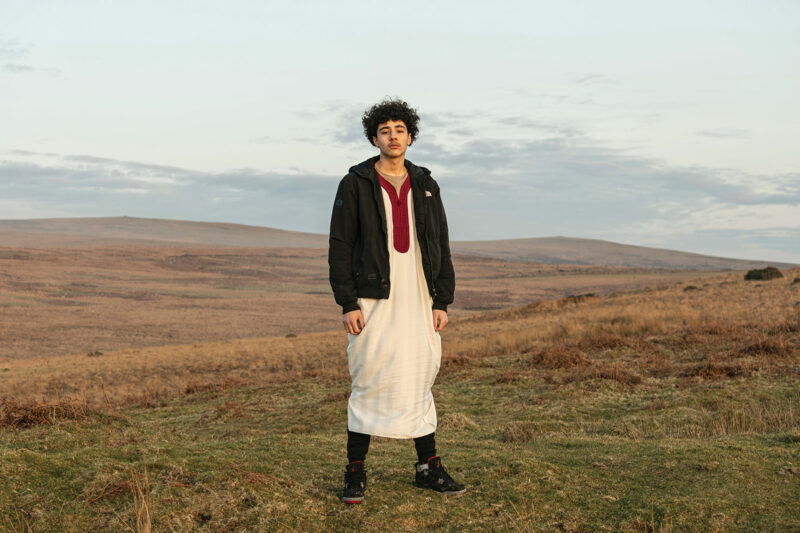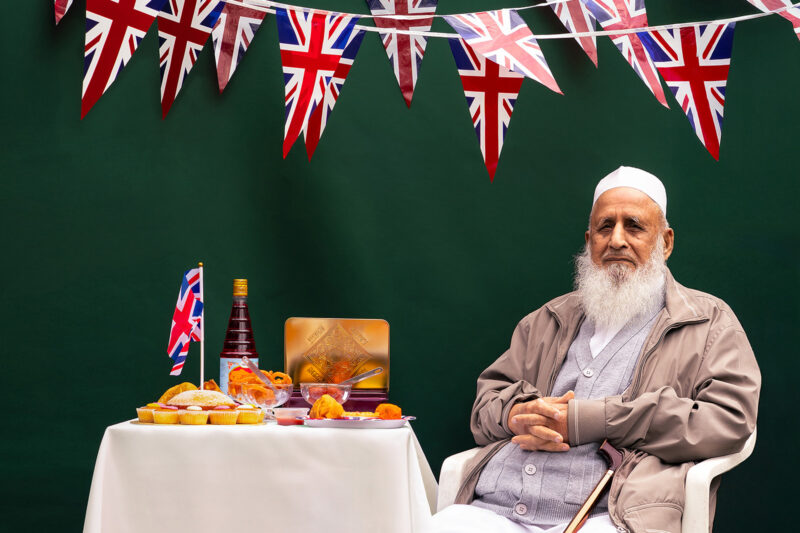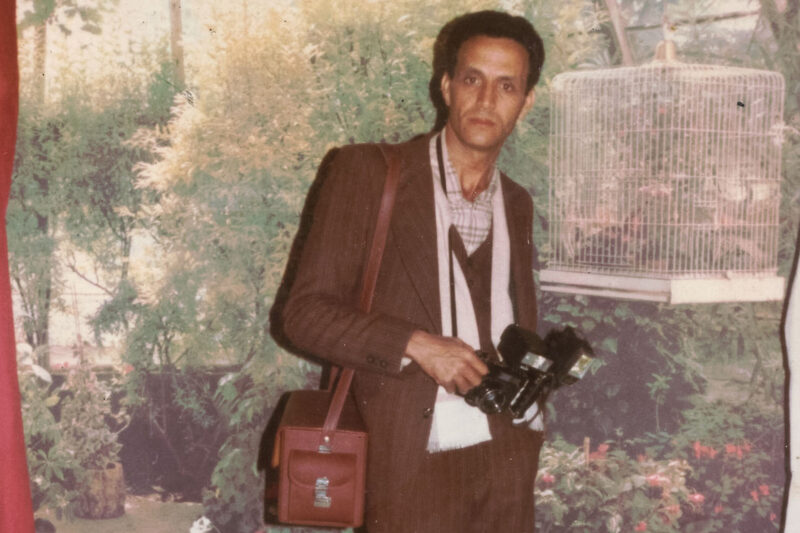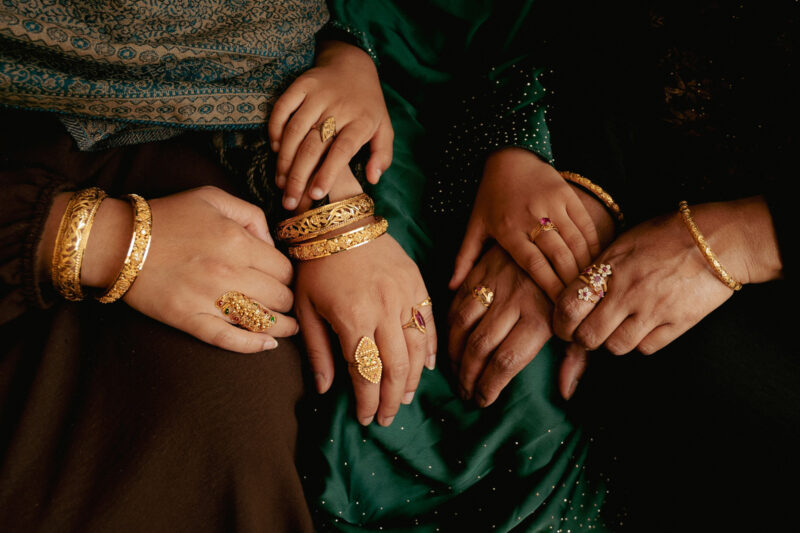Tape Letters Scotland — a reel history
Archive recordings, interviews and photography chronicle the days when the UK Pakistani community used audio cassettes to stay in touch with distant loved ones
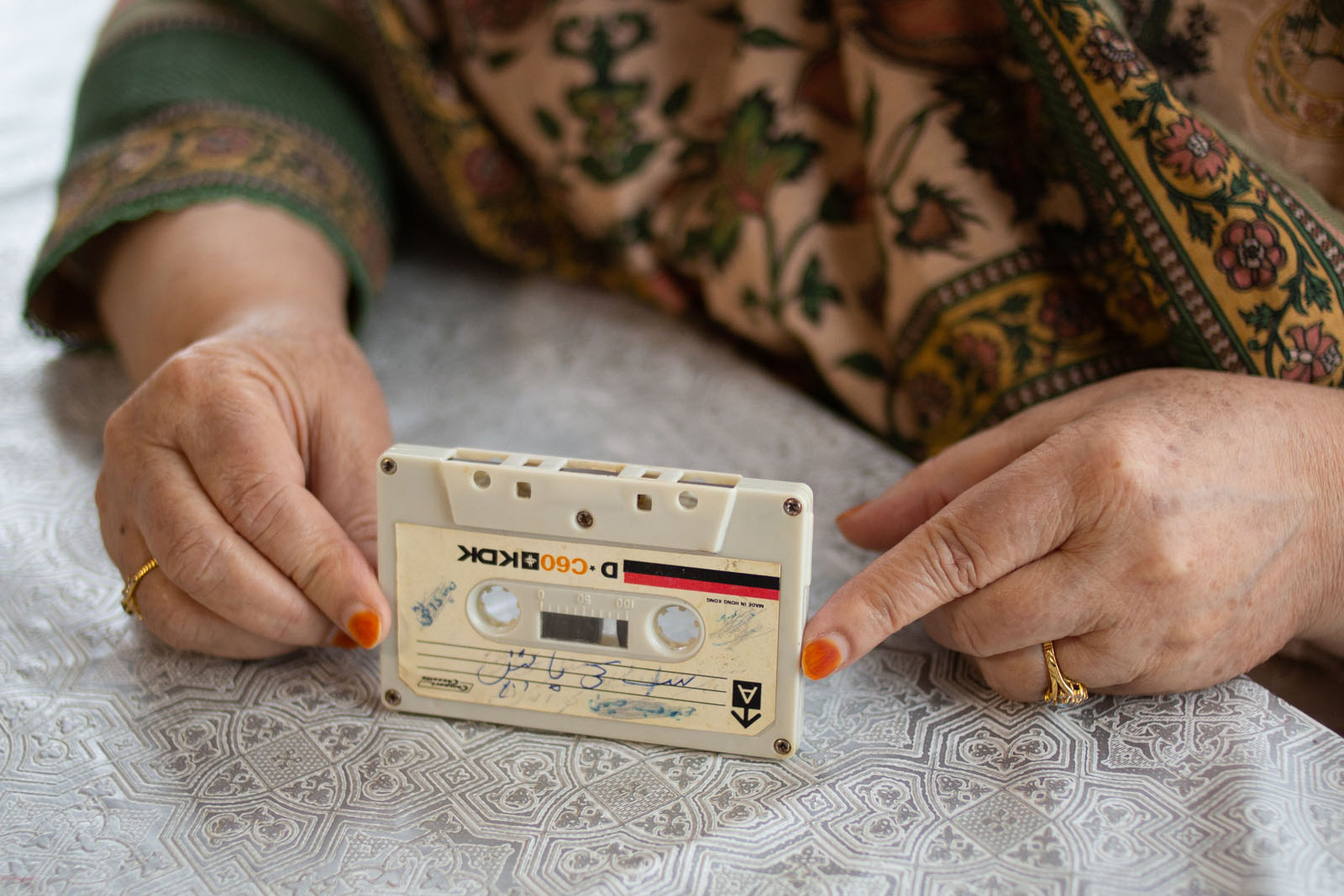
Before the days of instant messaging and video calls, diaspora families living in the UK had to write lengthy airmail letters or make costly international calls to stay in touch with their loved ones. From the 1960s onwards, though, members of the Pakistani community began to harness a new form of technology, using compact audio cassettes to send their news to people thousands of miles away.
Tape Letters Scotland is part of a broader project, which has previously focused on Manchester, by Modus Arts. Combining images by Glasgow-based photographer Miriam Ali, original archive recordings and intimate interviews with the people who made them, it has resulted in a series of installations and talks in venues including the Tramway in Glasgow, Dundee Central Library and the Museum of Edinburgh, where it is running until 23 February.
Drawing directly from first-hand interviews and from the conversations on the cassettes themselves, the project seeks to create an archive of this method of communication and show what it meant to the people who utilised it.
“My father sent me a very nice poem that he recorded on a tape. He didn’t write it himself, but he was very good at those things. He recited that poem and the meaning was very nice. When people move abroad, a poem can tell them everything that’s going on back home. I used to get emotional listening to it,” Rehana Ahmad, who lives in Glasgow, told the project’s curators.
Meanwhile, Izaz Ur Rahman, who lives in Edinburgh, recalls: “I felt so happy when I received a cassette from my parents or my siblings. It felt like they were right here talking in front of me. Sometimes my mum used to cry on the tapes. My mum was always so soft hearted.”
The project recently launched a permanent digital exhibition and a new podcast series. Narrated by Glasgow community organiser Tabassum Niamat, the series is divided into four episodes, titled PLAY, REWIND, PAUSE and FAST-FORWARD. Each instalment takes listeners on a journey through themes of migration, family, belonging and what it means to be Scottish Pakistani.
“Tape Letters Scotland has been a dream project, one that allowed me to connect with my own past through this unique method of communication, collaborating with a fantastic team who understands the importance of history and the need for its preservation,” says Niamat.
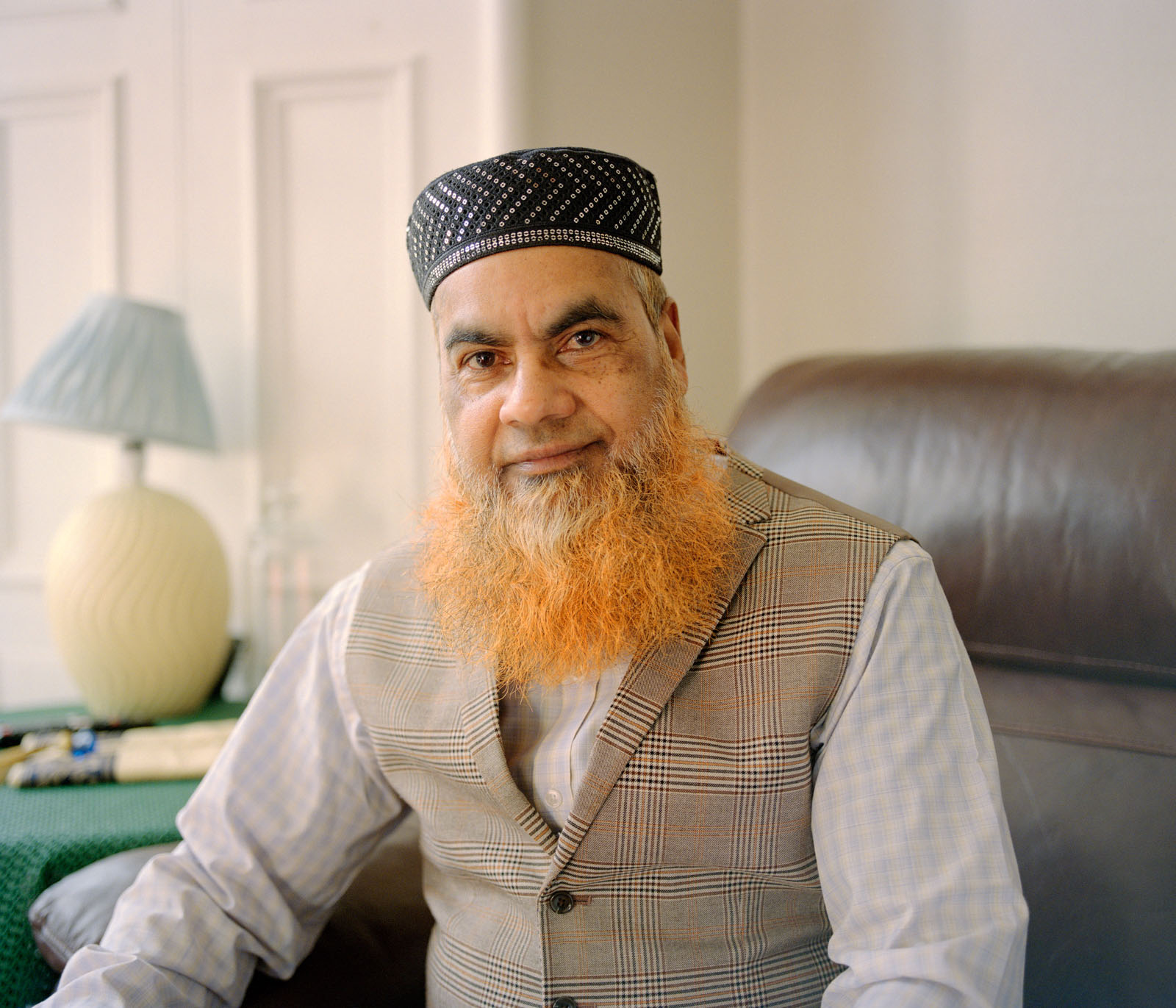
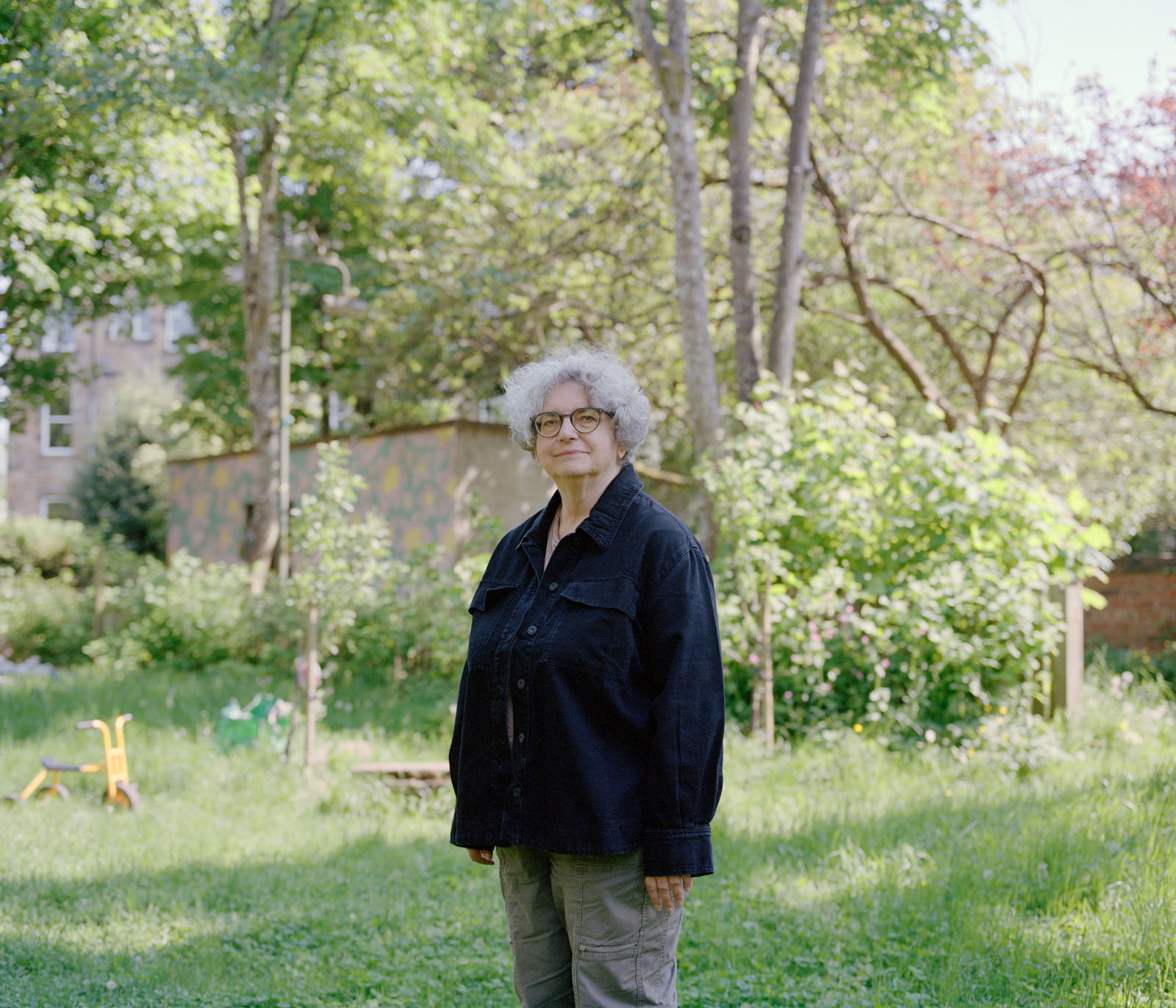
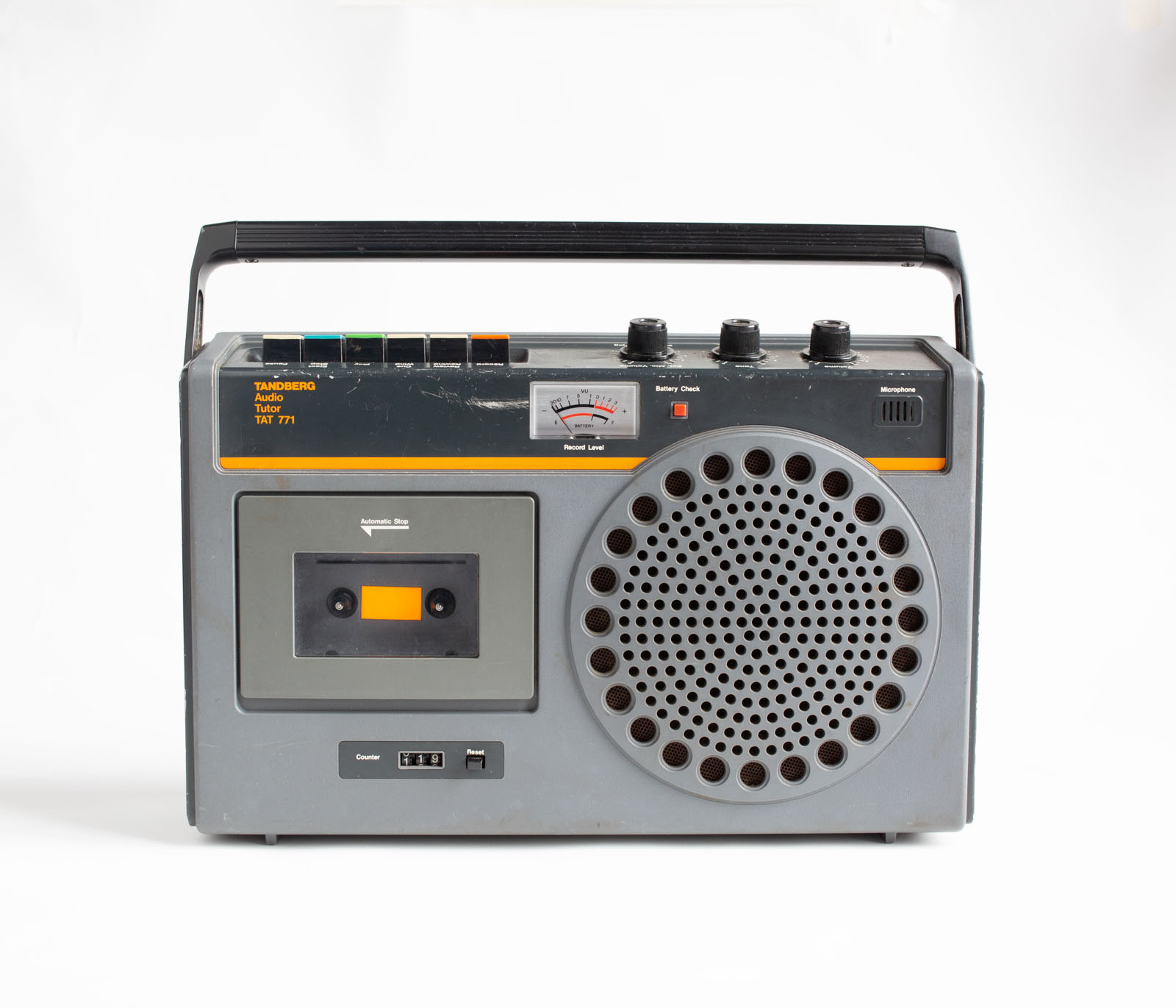
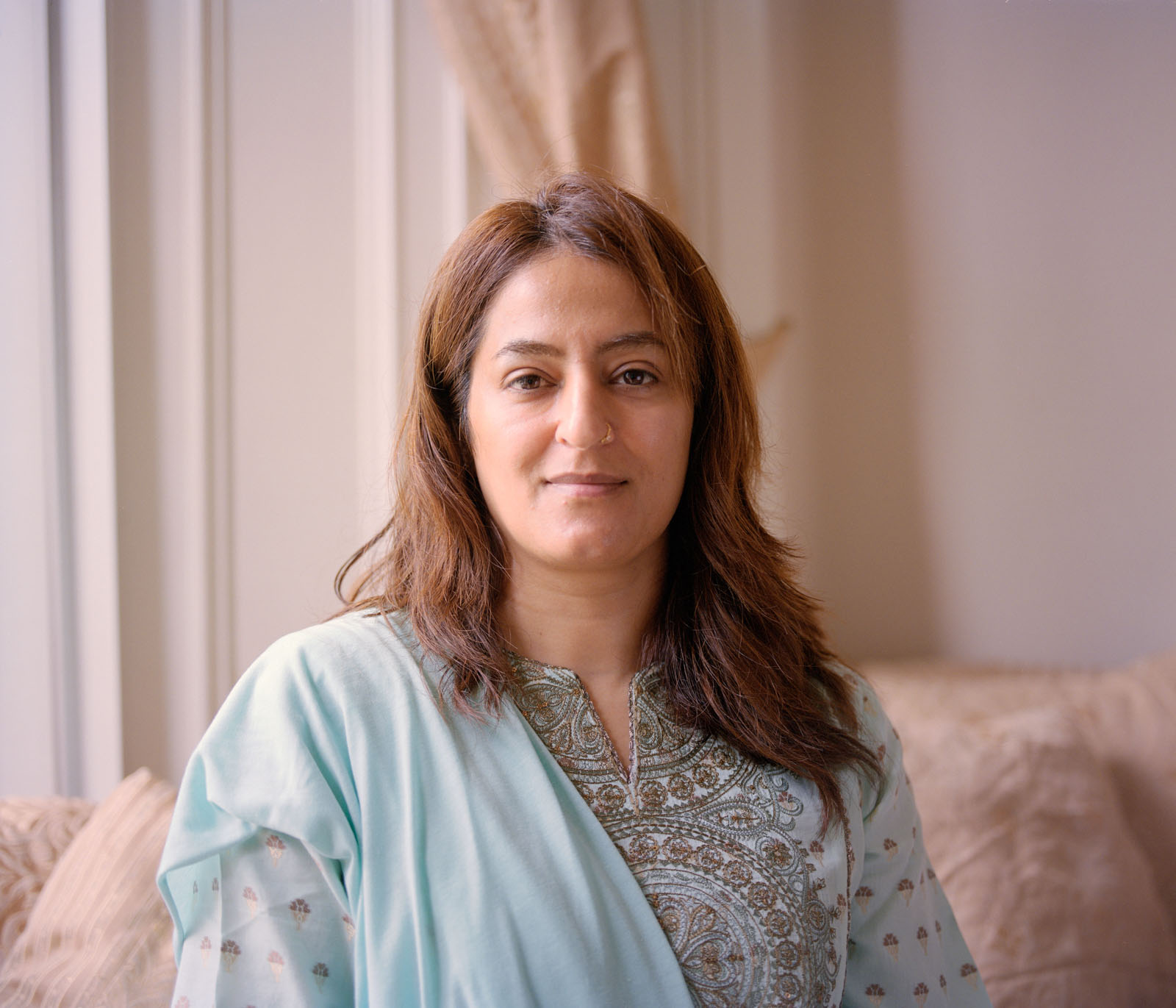
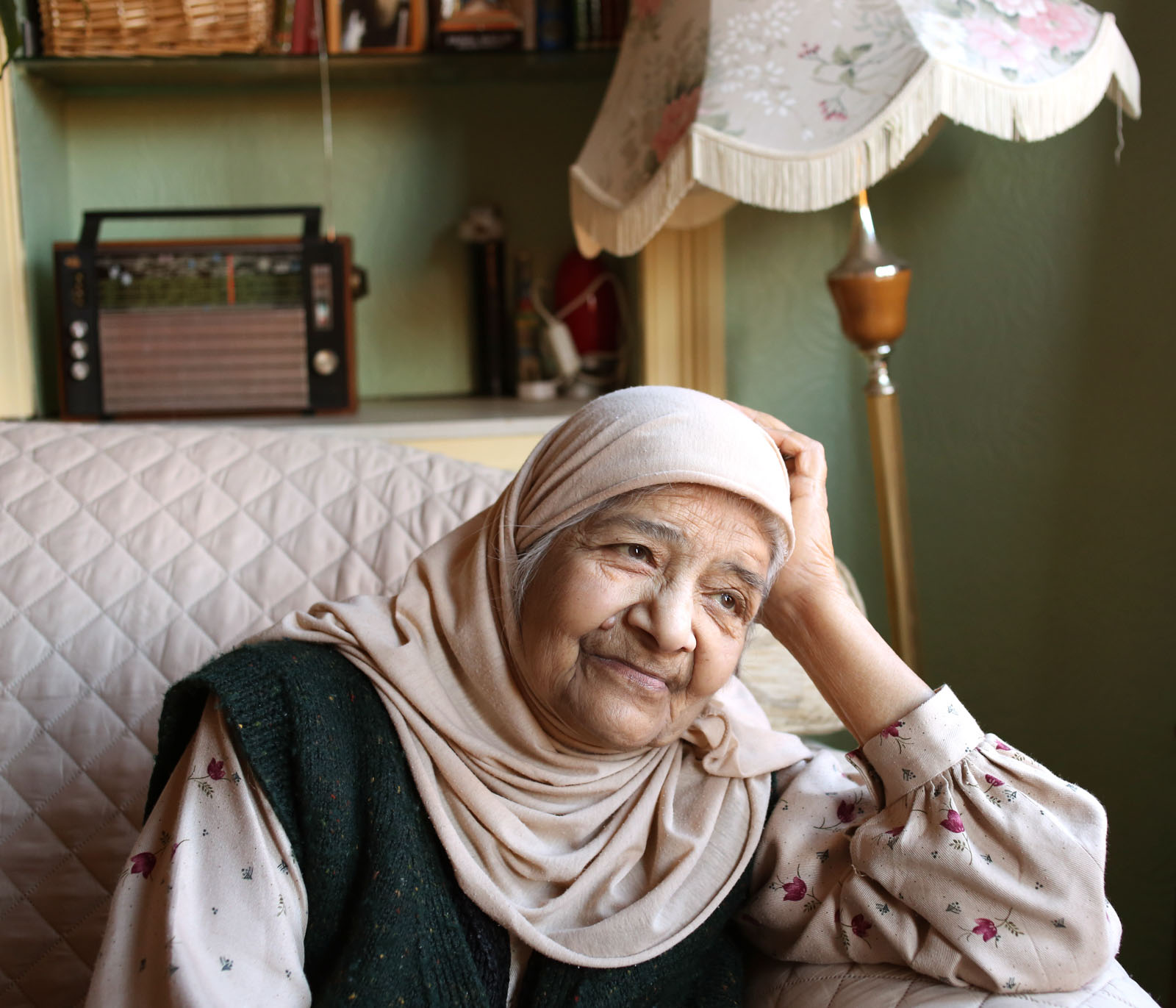
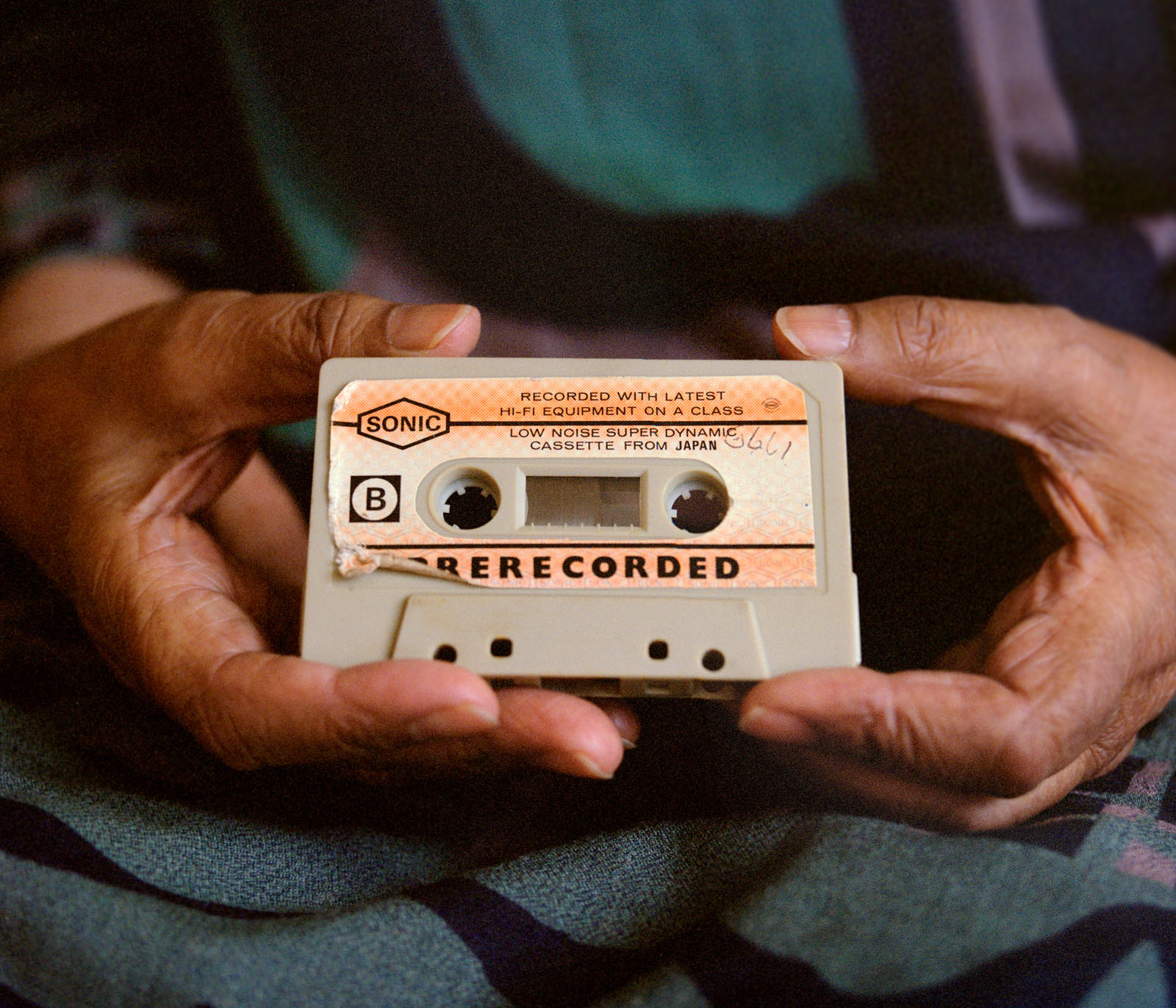
Tape Letters Scotland is showing at the Museum of Edinburgh until 23 February.
 Newsletter
Newsletter



